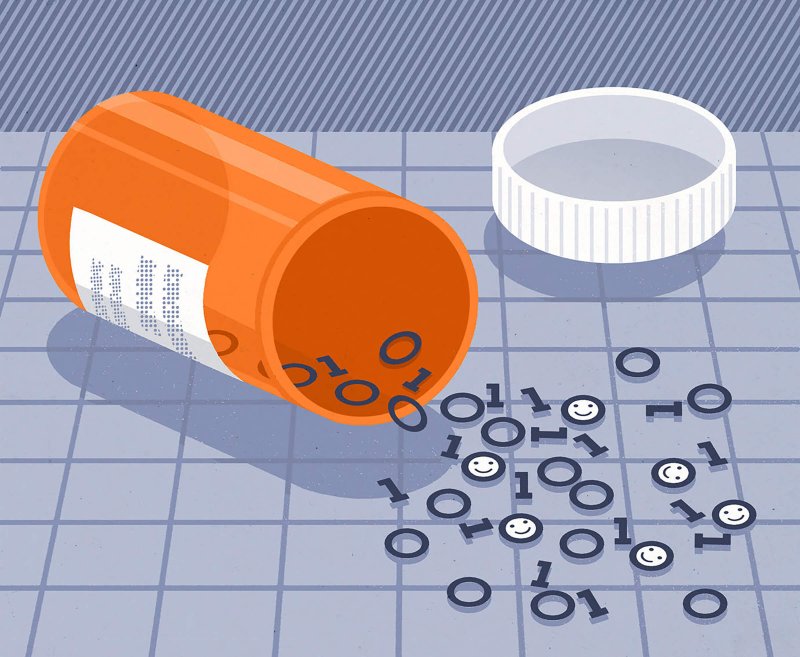Currently, depression is diagnosed by a survey — commonly, the Hamilton Depression Rating Scale (HDRS) — which quantifies the severity of the illness in patients.
This method sums up the patient’s total depression into a single score based on how they answer questions about their symptoms. However, two patients with the same HDRS scores could have very different symptoms.
…
The subjective nature of the diagnostic survey contributes to the trial and error process of finding the right depression treatment for a specific individual.
To that end, researchers at Stanford University set out to develop a more effective method.
In a recent study, the Stanford researchers trained an algorithm to predict the extent to which a patient’s individual symptoms would improve with antidepressants based on their HDRS scores and brainwaves.
Predicting the effect of antidepressants on individual symptoms — and not treating their depression as a single, unidimensional condition — could lead to a more effective treatment path, according to the researchers.
…
“We’ve found that brainwave measurements can be used to help identify which particular symptoms change with antidepressant treatment and which do not,” [psychiatrist Leanne] Williams, who was involved in the study, said.
…
“It can be devastating for a patient when an antidepressant doesn’t work,” UT Southwest researcher Madhukar Trivedi said in a press release. “Our research is showing that they no longer have to endure the painful process of trial and error.”































